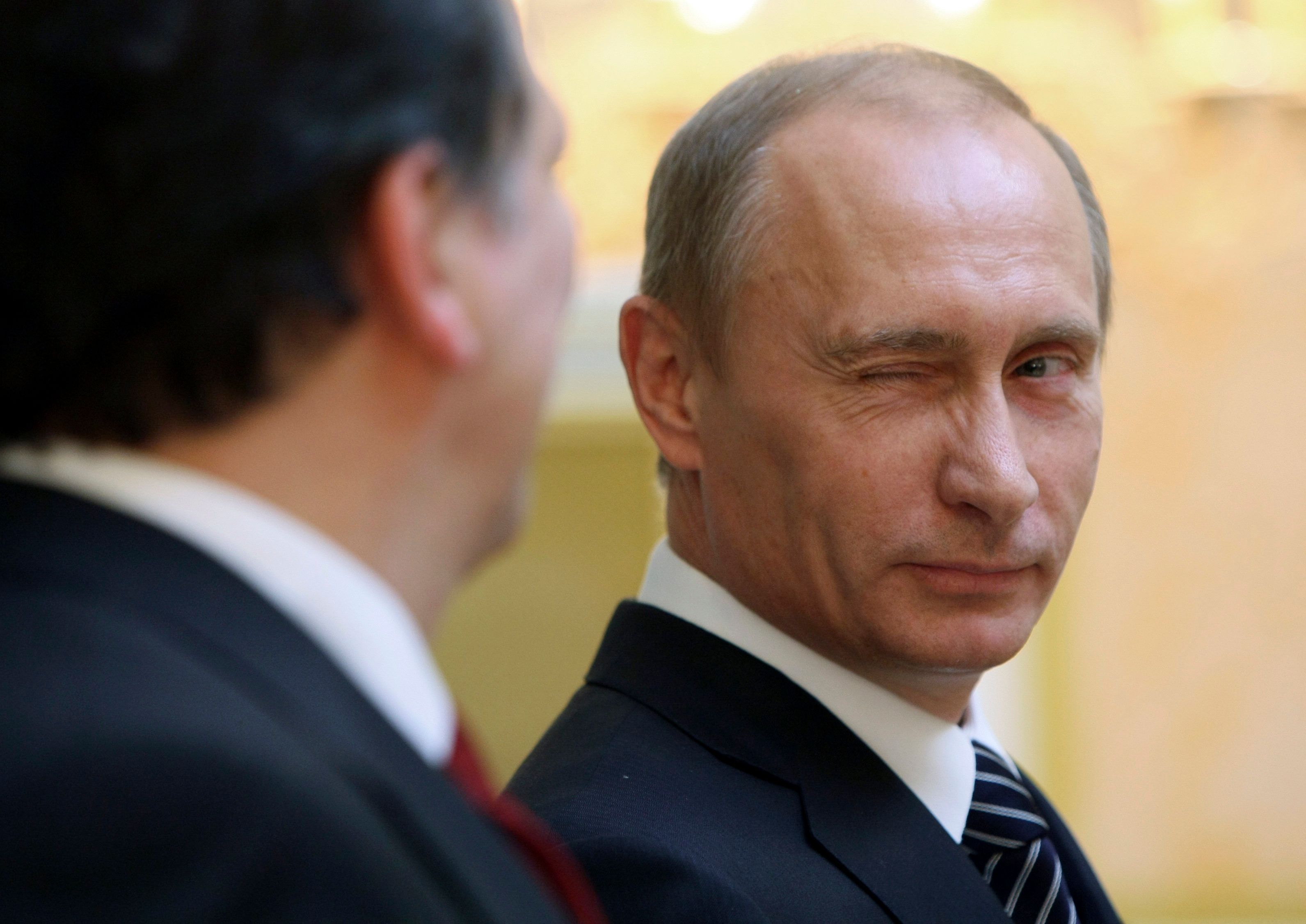Hard Numbers: "Orwell" deployed in Russian schools, Facebook to register voters, expats flee Saudi Arabia, inflation soars in Zimbabwe
43,000: Under a new government plan, all 43,000 schools in Russia will be equipped with facial recognition cameras and systems. And in an almost surreal twist, the name of the monitoring platform is "Orwell." The company that won the contract is owned by...a close friend of President Vladimir Putin.
4 million: Facebook will help register up to 4 million Americans to vote in the 2020 election. With this move, the tech giant hopes to take attention away from fears it will again be used to spread political misinformation like during the 2016 campaign. Facebook also said its US users will now be able to opt out of political ads – but the company will still not fact-check them.
1.2 million: As the Saudi economy suffers the double-whammy of pandemic and low oil prices, some 1.2 million foreign workers — a tenth of the total labor force — could leave the kingdom this year. The upside? Riyadh has long been trying to get more Saudis into white collar and services jobs anyway.
785: Zimbabwe is currently struggling with an inflation rate of 785 percent, and while that's a lot better than the bad old days when annual price growth reached 231 million percent (yes, you read that right), it's still a headache for the government. In response to a recent nurse's strike, authorities have bumped government employee salaries by 50%.
